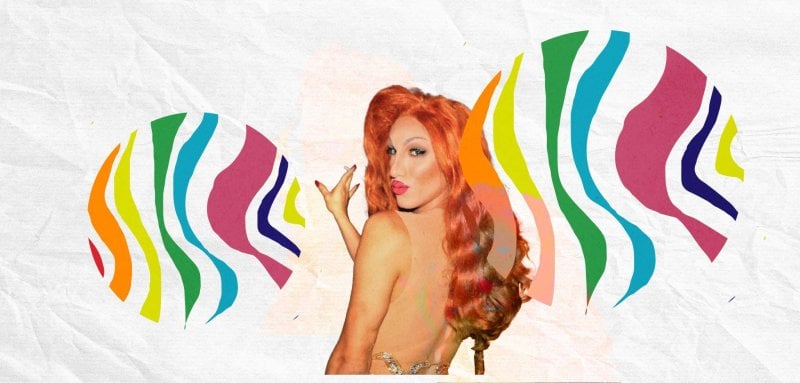The LGBTQ+ community faces a multitude of challenges, particularly within the Arab region. These challenges encompass legal hurdles, social exclusion from both family and society, and the weight of certain religious doctrines that advocate for extreme measures, even to the point of condoning violence against them. Nonetheless, there exist individuals within this community who boldly confront these obstacles, striving to affirm their success and existence, and openly embracing their national and gender identities without fear. They do so because they refuse to conceal their true selves, even when faced with close-mindedness from those in their immediate circles.
While Lebanon is relatively more tolerant than some other Arab nations when it comes to LGBTQ+ issues, there persists an underlying concern regarding the presence of extremists who vehemently oppose homosexuality.
Aniss Ezzeddine, a Lebanese gay young man who works in the fashion industry in Beirut, introduces himself as "Anissa" when in drag queen persona. He stages small, comedic performances in various bars and theaters across Lebanon, serving as a shining example of a success story for someone who made the courageous decision to challenge societal norms and openly embrace their sexual orientation.
- How would you describe the first relationship where you discovered your body and sexual orientation?
I first realized I was gay when I was about eight years old, and this revelation didn't make me feel weird or like an outsider. Quite the opposite, it brought me happiness to acknowledge and define my sexual orientation and identity from such a young age.
Often, the journey of self-discovery can be bewildering for LGBTQ+ individuals, but for me, it was a relatively straightforward process. I understood myself, my desires, what I wanted in life, and the type of affection I cherished. It became apparent that my attraction was towards males rather than females. I never concealed or felt ashamed of this truth. My first romantic experience, where I explored my own body and sexual orientation with another person, was a remarkable and beautiful chapter in my life, albeit one that presented challenges, given the societal reluctance to accept such relationships.
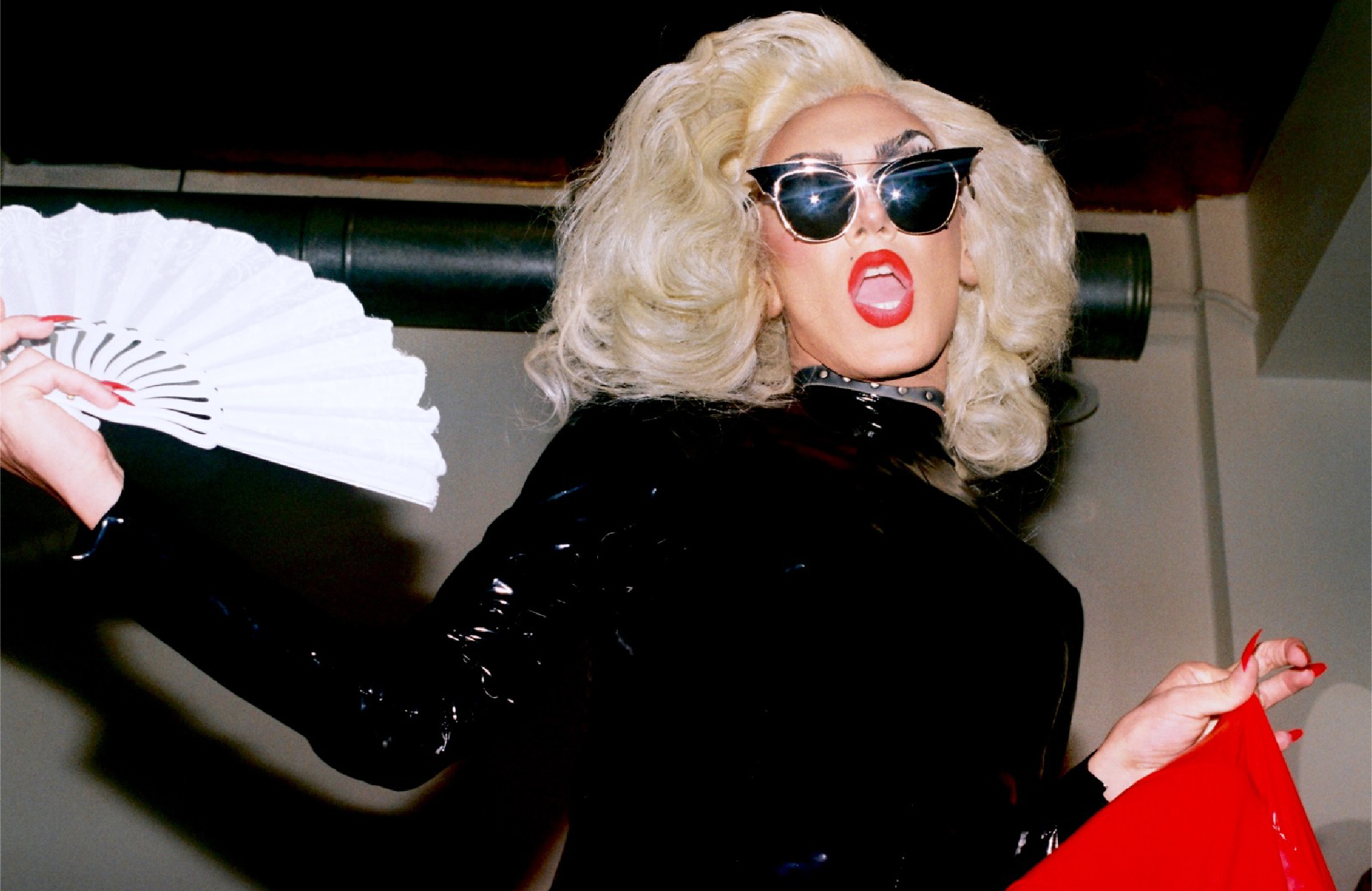
- How did you disclose your sexual orientation to your family?
My mother knew about my sexual orientation during my school years, and when she confronted me about it, I decided to be honest with her. She told me that she accepted that everyone in the world could be "gay" except her own child. However, this perspective changed about four years later when my cousin, who is also gay, came out to my family. My mother, who was very close to her, apologized to me for her initial reaction and expressed that she was beginning to come to terms with the situation, while my sister had been supportive from the beginning. As for my father, he became aware of my sexual orientation when I was 21, and at that point, he somewhat accepted it. Overall, I made significant efforts to engage in discussions about homosexuality with my family from both an academic and cultural standpoint to help them come to terms with it.
"I understood myself, my desires, what I wanted, and what I loved. I never hid or felt ashamed of this. My first romantic experience was a profound and beautiful chapter in my life, but it had its challenges, given society's hesitance of such relationships
- You ventured into the world of modeling and fashion, and began to realize yourself in this field. Often, we find LGBTQ+ individuals excelling in creative professions such as makeup artistry, fashion, photography, and more. Do you believe that gay and LGBTQ+ individuals possess a heightened sense of creativity compared to others?
Of course, LGBTQ+ individuals often thrive in the creative field because they perceive things differently and approach matters with an open and unique mindset compared to others. Some of them may feel somewhat isolated from society due to their sexual orientation, and as a result, they find refuge in various forms of art to express themselves.
- Your passion for the fashion world may have encountered rejection from some company managers or employers due to your sexual orientation. Have you faced such challenges, and how did you navigate them?
Honestly, in the world of fashion, rejection due to one's sexual orientation isn't a common occurrence. Most individuals working in the fashion and hairstyling industry are part of the LGBTQ+ community, and because LGBTQ+ individuals often bring exceptional passion and talent to this field, their work is highly regarded. They seldom encounter obstacles because of their sexual orientation. Personally, I haven't experienced any issues in this regard.
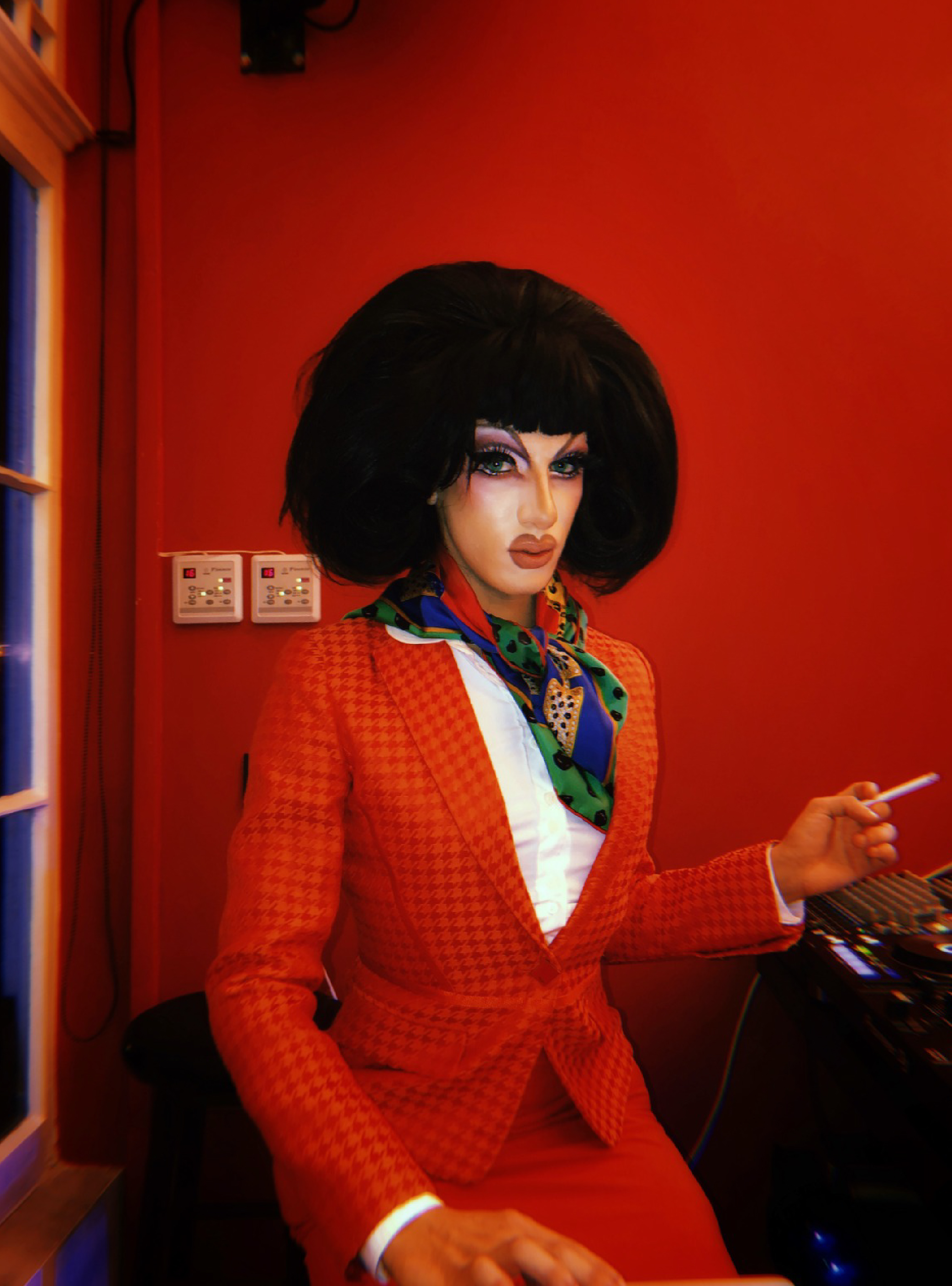
- Can you describe the character of "Anissa" that you've created, and explain how she differs from "Aniss"? And why did you choose the art of drag to present it to people?
Certainly, there's not a fundamental difference between Anissa and Aniss; rather, Anissa is an extension of Aniss. She serves as the empowering force that propels Aniss forward, guiding him with a firm hand. In essence, they are the same persona, but Anissa operates without constraints. She forges ahead and fearlessly shatters societal taboos and limitations that might impede Aniss in certain contexts. Aniss, at times, grapples with apprehensions regarding societal acceptance and the constant scrutiny he faces. Anissa steps in at these pivotal moments, taking Aniss by the hand and filling him with courage and boldness. Regarding my choice of this profession, it stemmed from a multitude of reasons. Primarily, it offers a channel for expressing my inner femininity, and it serves as a splendid avenue to pursue my passion within the realms of fashion, makeup, and even acting. Additionally, it allows me to unveil a distinct facet of my persona.
- What preparations do you undergo before going on stage? And how does the audience, particularly in Lebanon, interact and engage with your performances?
Before taking the stage, meticulous preparation is paramount, especially concerning the character I'm embodying. This encompasses fine-tuning facial expressions, choreographing hand movements, and even mastering the nuances of eye and lip movements. I've encountered great interaction with individuals who hold an appreciation for what I bring to the stage. The Lebanese audience, in particular, has been exceedingly supportive, especially given the scarcity of individuals presenting what I do as a "drag queen".
"While many drag queens employ humor to entertain audiences, and I'm one of them, the mission extends beyond that. I've presented positive awareness campaigns that tackle taboo issues in society like homophobia, suicide, drugs, depression, and sexual health"
- Do you only don "drag queen" attire during your performances, or do you occasionally incorporate such attire into other aspects of your life?
Generally, I don't wear drag queen attire outside of performances, especially because the makeup and clothing often lean toward the exaggerated for the purpose of drag art. However, I might wear clothes that some people might consider feminine in other settings, depending on the context.
- Do your family members attend your performances, and if so, how do they react to your art?
Both my mother and sister are avid attendees of my shows and have steadfastly supported me from the outset. In fact, my mother, on her first attendance, came to appreciate the performance and content as a whole. My father, on the other hand, doesn't particularly like the drag art form, while aware of my participation in the world of drag, he prefers not to be present at these shows.
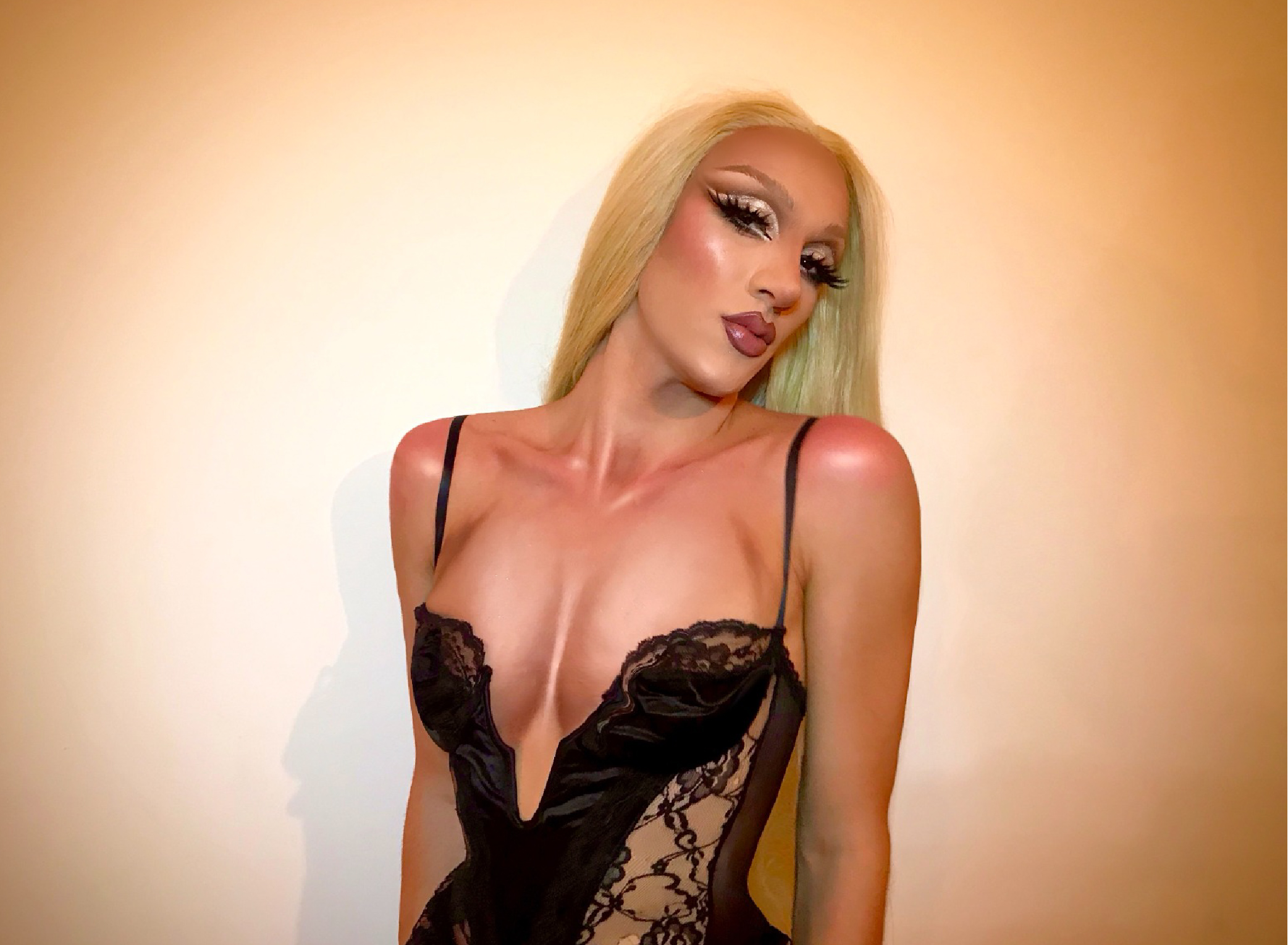
- Do you consider drag to be a profession for you, similar to fashion?
Yes, I absolutely regard drag as a profession, one that's intricately linked to fashion but with its own unique challenges. Anissa, the drag persona, demands a meticulous blend of makeup, hairstyling, her own costumes, and a story to tell, all of which I create myself. Therefore, it's a labor-intensive endeavor that consumes significantly more time. I am invited to perform in numerous shows in Lebanon, France, and the Netherlands, and I get paid for each performance. Hence, I regard it as a profession, but one that complements and supports my career in fashion.
- With drag contributing to your income and livelihood, do you ever fear it might stifle the creativity and originality of your performances?
No, it's challenging for me to present a repetitive show multiple times solely for the sake of money. I only create a new show if there is fresh content, different from what I've presented before, to delight and engage the audience. I'm not inclined to replicate shows and ideas just for financial gain. However, it's also challenging to perform drag shows daily, as it can be draining and exhausting.
- You take on comedic roles as Anissa. Do you believe that drag in Lebanon, as well as in other Arab and non-Arab nations, is primarily confined to comedy and entertainment? What broader message does the "drag queen" persona convey to society?
While there is a multitude of 'drag queens' who employ humor and comedy to entertain audiences, and I am one of them, the mission extends beyond mere entertainment. Personally, as Anissa, I've presented several positive awareness campaigns that tackle issues such as homophobia, suicide, drug abuse, depression, sexual health, and other topics often perceived as societal taboos. I use my platform as Anisa on social media to raise awareness about various subjects. Therefore, drag is not just about making people laugh; it has specific messages that need to be conveyed. Drag queens have always been at the forefront of fighting for the rights of the LGBTQ+ community, so they bear a responsibility to go beyond entertainment and humor.
"Those who should be held accountable and rejected are not LGBTQ+ individuals, but rather the thieves, human traffickers, and drug dealers. If we look at the LGBTQ+ community with objectivity, we'll find that the problem is in those who've wrecked our lives"
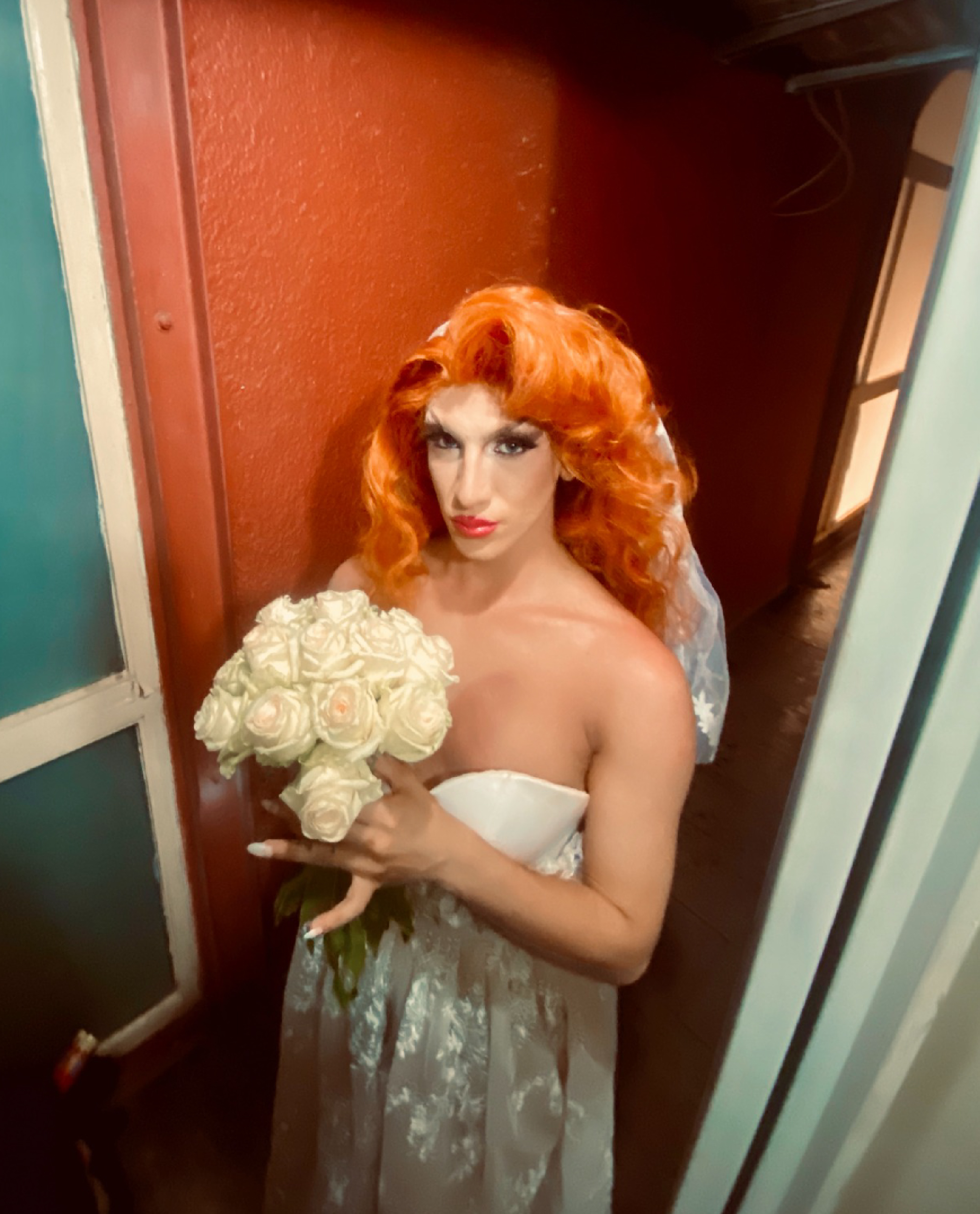
- In your opinion, how should LGBTQ+ individuals in our society behave to express themselves authentically without having to hide behind any masks? Can the struggle for LGBTQ+ rights within the LGBTQ+ community lead to desired legal and societal outcomes someday? How can these rights be attained?
In my view, there isn't a one-size-fits-all approach to this. It might lie in LGBTQ+ individuals being true to themselves while respecting those around them, including their thoughts, upbringing, and the environment they come from. Personally, I've shown great respect for my family and my surroundings to make them proud of me in all that I do. This trust, love, and pride they've invested in me have been pivotal. As for the struggle for LGBTQ+ rights, it is an ongoing one, with a long path ahead to achieve its goals. However, the key is not to surrender. The fight can take a myriad of forms - through assistance, support, active participation in politics, society, and careers.
For my part, I attempt, through the persona of Anissa, to raise awareness within the LGBTQ+ community so that its members can integrate into society without fear of rejection.
In general, those who should be held legally accountable and rejected are not the LGBTQ+ individuals but rather the thieves, arms dealers, human traffickers, and drug dealers. If the world looks at people from the LGBTQ+ community with logic and objectivity, it will find that the problem lies with those who have wreaked havoc on their lives, not with the LGBTQ+ individuals, as most of them are seeking love, work, and acceptance among their families and society, without infringing on anyone's freedoms or rights.
Undoubtedly, drag queen "Aniss Ezzeddine", through the character of Anissa, reconciled with himself and built a bridge to communicate with people in a beautiful way. However, many LGBTQ+ individuals in our societies still remain "in the closet", fearing legal repercussions or extremist views that may incite harm against them. Confessions of their sexual orientations continue to be shrouded in various risks. Therefore, perhaps closed communities require more than one "Anissa" to transform their extremist mindsets.
Raseef22 is a not for profit entity. Our focus is on quality journalism. Every contribution to the NasRaseef membership goes directly towards journalism production. We stand independent, not accepting corporate sponsorships, sponsored content or political funding.
Support our mission to keep Raseef22 available to all readers by clicking here!
Interested in writing with us? Check our pitch process here!
